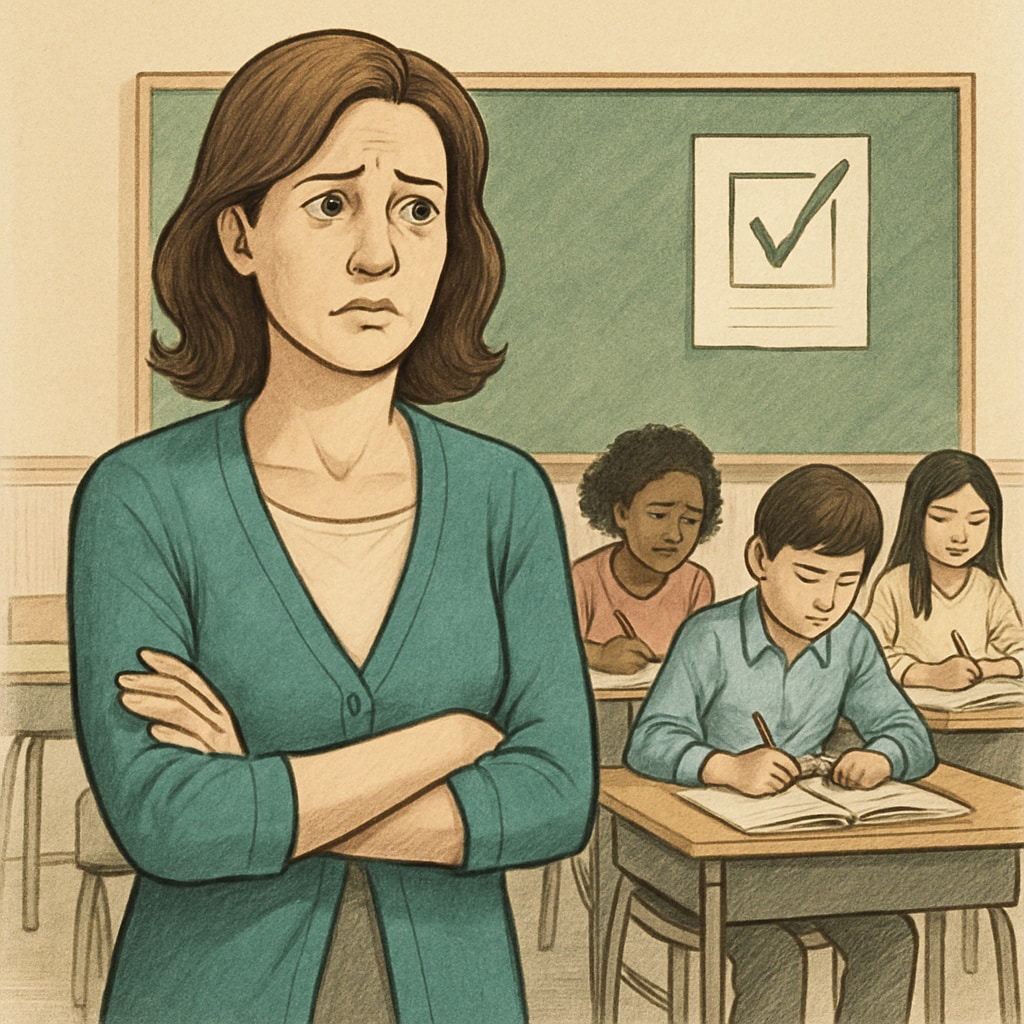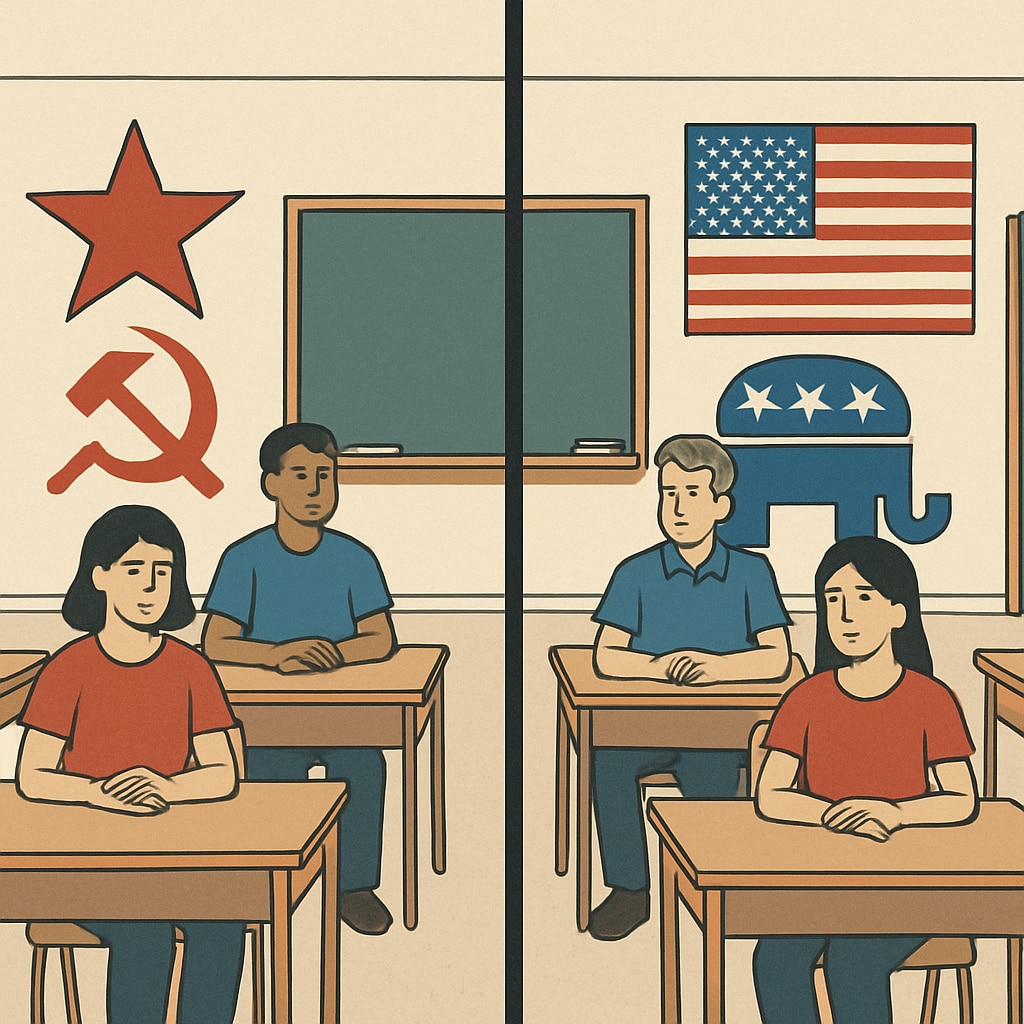In a controversial move, Oklahoma has introduced a policy requiring out-of-state teacher applicants to undergo political bias testing. This decision has ignited fierce debates about the balance between education freedom and ideological oversight. Critics argue that such practices threaten the neutrality of education, while supporters claim it ensures alignment with the state’s values. As the nation grapples with increasing polarization, the intersection of politics and education warrants close examination.
How Political Bias Testing Impacts Teacher Recruitment
Teacher recruitment is already a challenging process in the United States, with many states facing chronic shortages. Adding political bias testing to the mix could discourage qualified candidates from applying to Oklahoma schools. For example, teachers from states with differing political climates may feel unwelcome or unfairly judged. This could exacerbate staffing challenges, particularly in rural or underserved areas.

Moreover, the inclusion of such tests raises concerns about the criteria used to judge applicants. Questions about who defines “acceptable” political views and how these views are measured remain unanswered. According to Britannica, education systems thrive on diversity of thought and the inclusion of multiple perspectives. Narrowing this spectrum could stifle innovation and critical thinking in classrooms.
The Broader Implications for K-12 Education
When political oversight enters the hiring process, it sets a precedent that could extend beyond Oklahoma. Other states might adopt similar policies, leading to a nationwide shift in how teachers are evaluated. This risks creating educational silos, where students are exposed only to ideologies that align with their state’s political stance.

In addition, such measures could deter educators from encouraging open discussions in classrooms. Teachers might avoid controversial topics altogether, fearing professional repercussions. As a result, students may miss out on opportunities to develop critical thinking skills. According to the Wikipedia entry on academic freedom, fostering diverse viewpoints is essential for intellectual development and societal progress.
Striking a Balance: Neutrality vs. Oversight
While Oklahoma’s policy aims to align education with state values, it is crucial to consider the long-term consequences. Education should ideally remain a neutral ground where ideas can be freely exchanged. Policies that prioritize ideological conformity risk undermining this principle.
To address these concerns, policymakers could focus on fostering diversity and inclusivity rather than imposing political tests. Encouraging dialogue between educators and communities may better align teaching practices with local needs without compromising educational integrity.
As this debate continues, Oklahoma’s experiment with political bias testing serves as a cautionary tale. Striking a balance between maintaining state values and preserving education’s neutrality is a challenge that requires thoughtful deliberation.
Readability guidance: This article uses concise paragraphs and structured sections to improve readability. Overarching points are summarized in lists, and transitions such as “for example,” “in addition,” and “as a result” are used to maintain flow. Passive voice and long sentences are minimized to ensure clarity.


